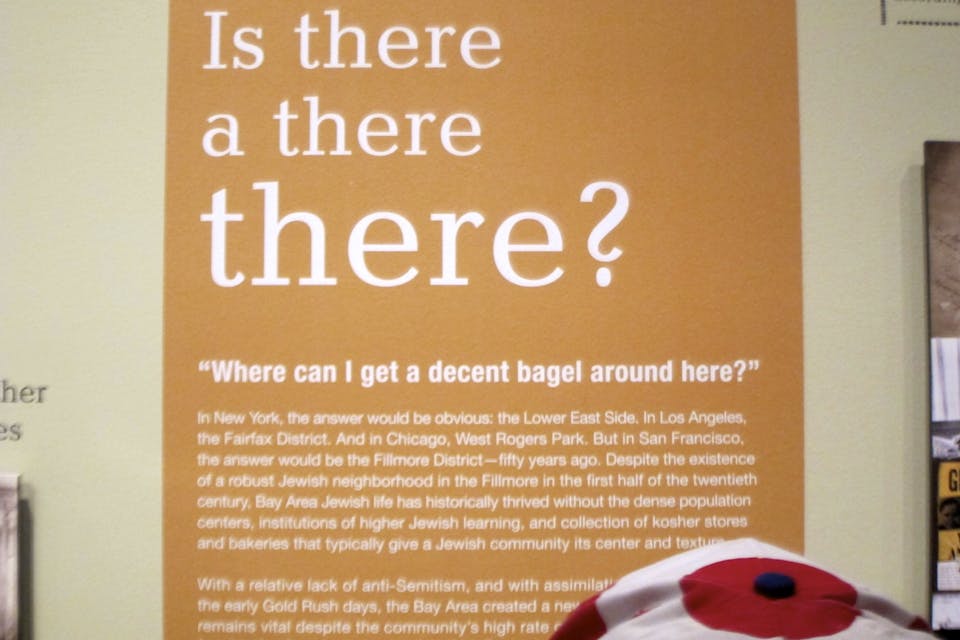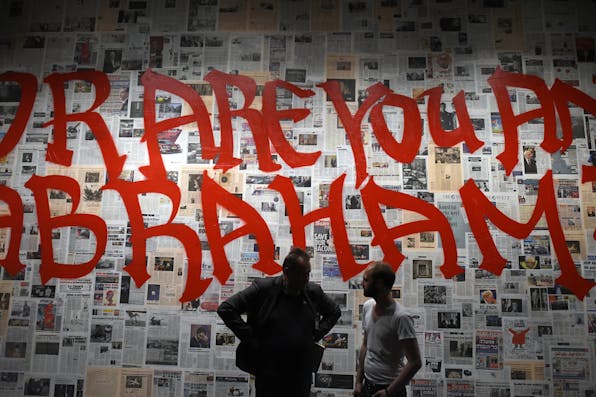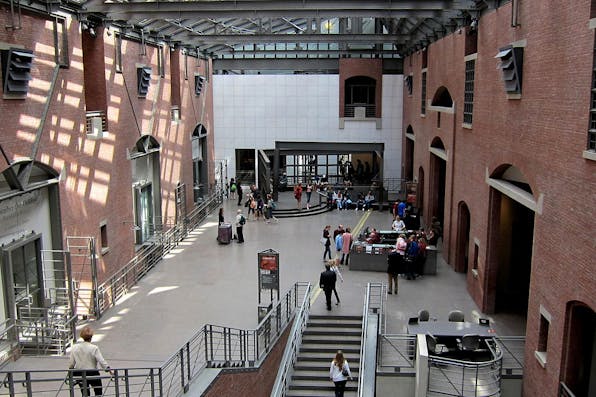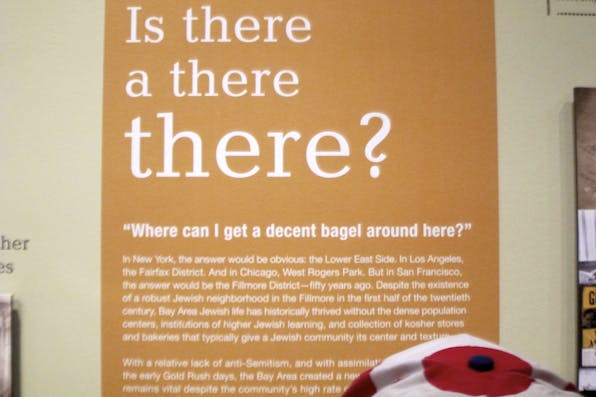
February 22, 2016
How Jewish Museums Reflect the Condition of Mainstream Jews
They are still invoking dated forms of self-abnegation, or engaging in more or less ignorant forms of advocacy, or yearning for a vague universalism.
Why are there Jewish museums? And what are they meant to accomplish? Among the many issues raised by the generous and thoughtful responses to my essay by Diana Muir Appelbaum, Walter Reich, and David Gelernter, these fundamental questions loom large.
For Appelbaum, the impulse to keep creating Jewish museums—an impulse that, as she points out, is an extraordinary phenomenon in itself—has something to do with Jewish preoccupations with commemoration and consensus. Jewish museums have been created, she suggests, partly as a memorial to a way of life lost, and partly as an attempt to find the least common denominator for those who remain. For Reich, who has experienced first-hand the pressures and paradoxes of these institutions, the Jewish museum can be easily misdirected, turned into a demonstration for the non-Jewish world, an attempt to justify and placate, with the promise that everyone will be better off for the universalist lessons learned. For Gelernter, Jewish museums, most of which “don’t know what they’re doing,” could instead become institutions for Jews to learn about themselves and perhaps, not incidentally, demonstrate to all the nature of Judaism’s influence and importance, with the Hebrew Bible at the core.
A melancholy strain runs throughout these observations. My three respondents are alike in recognizing that for all of Western culture’s contemporary preoccupations with multiculturalism and ideas of identity, for all the successes of individual Jews in the contemporary world, for all the much-heralded American liberation of Diaspora Jewry from the travails of history, mainstream Jewish culture—which has long sought full participation in society’s blessings and responsibilities—is still bewildered and conflicted, still invoking dated forms of self-abnegation or engaging in relatively ignorant advocacy, still yearning for a vague universalism that no other group courts with such avidity.
Responses to February ’s Essay

February 2016
Why Are There So Many Jewish Museums?
By Diana Muir Appelbaum
February 2016
Holocaust Museums and the Itch to Universalize
By Walter Reich
February 2016
What a 21st-Century Jewish Museum Should Look Like
By David Gelernter
February 2016
How Jewish Museums Reflect the Condition of Mainstream Jews
By Edward Rothstein